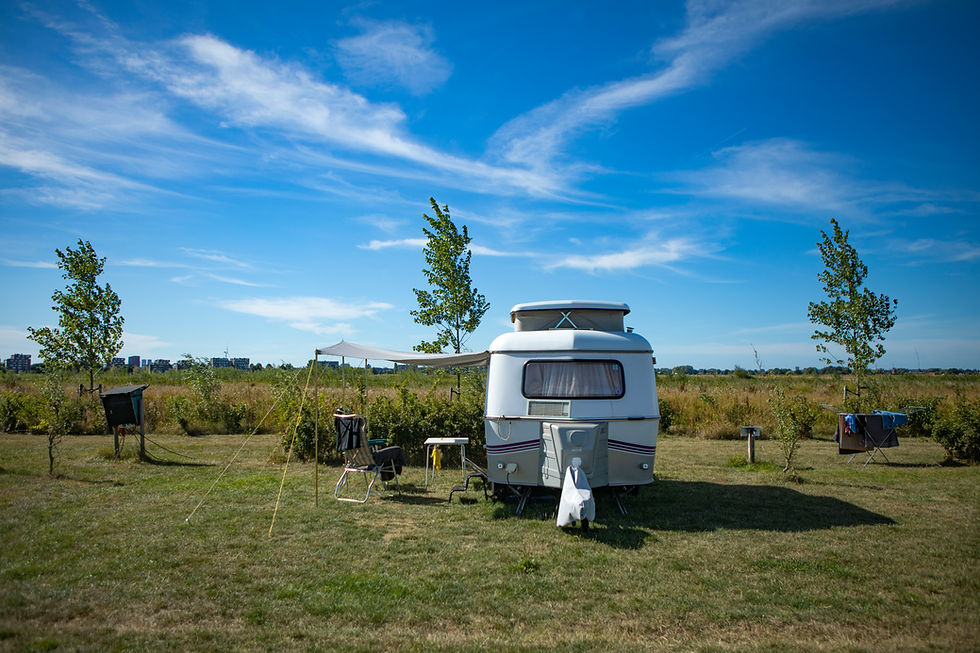What is nomadism ?
- Cristina Piñana Lefebvre

- May 30, 2024
- 3 min read

If I look at the definition given by the Larousse, nomadism can be explained as :
1. A way of life characterised by the movement of human groups to ensure their subsistence;
2. A life of wandering, of aimless nomadism.
I don't fit into the first definition of ensuring my subsistence.
Yes, I can probably find a shop or stall along the way to stock up my fridge and tantalise my taste buds, but subsistence, no, because I admit I don't have to work any more as my pension will be paid into my bank account every month.
I'm closer to the second interpretation: spiritual, cultural and social wandering, and my expectations are clearly known to me: movement, inspiration, change.
I had initially set my sights on buying a plot of land with a ruin to restore in the gentle hills of Portugal, to meet up with some Belgian acquaintances and enjoy the mild climate, good food and financial facilities available to retirees.
I started researching, contacted agencies and then finally asked myself if I wasn't going to bother?
Retrofitting takes a while, and then what?
The members of my family tend to last a long time, and so much the better for them, approaching or exceeding ninety, which after a quick calculation would allow me to enjoy this peace of mind for more than twenty years ..... Quite a figure!
Twenty years of peace and quiet on my plot of land, basking in the sun...
Was that what I'd hoped for?
Then, by chance, I saw a video on YouTube of a retired nomad explaining his travels, disappointments and pleasures, with a joy in his eyes that sparkled like champagne bubbles.
So I thought, why not me?
I had to delve deeper into the subject. The year was 2019.
Factual, I had to establish the pros and cons of living in a van.
Let's start with the dark side of nomadic life:
Being on the road regularly;
Being tired of travelling;
Not knowing where to sleep at night;
Having to adapt to changing environments and cultures;
Finding water and fuel;
The risk of feeling alone, with no one to talk to, of going it alone;
Risk being attacked, robbed, raped (get over yourself Tina, you're not twenty any more)
Our current society does not accept nomads without a perception of instability or marginality.
Then there's the positive side:
No routine;
Discovering new people, languages and cultures;
Learning about myself and others
Forcing me to challenge myself and gain greater self-confidence (I had many doubts about my ability to undertake this adventure);
Freedom of movement, freedom of time;
Less materialism, everything has to fit into 12m², living more simply;
Fewer constraints from laws and social shackles;
Sustainable travel and taking care of the planet at my humble level - it's not perfect, but I'm doing my bit by rationing my water consumption, opting for dry toilets and using little or no plastic.
After listing all these points, I had an answer or solutions for the points of doubt, such as :
I'll use apps or Google to find out where to stop at night or look for water or fuel. Technology is there to help us.
If I'm tired, I'll stay in one place long enough to recharge my batteries.
If I'm feeling lonely, I'll go and talk to others, find other nomads, these are possible approaches.
To protect myself against attacks and theft, I've reinforced the van's security and learnt the basics of self-defence.
So what was stopping me from validating this approach to life?
Scared me? ..... Almost never ....
As you can see, nomadism was a considered and conscious choice.





Comments